A dystopian world
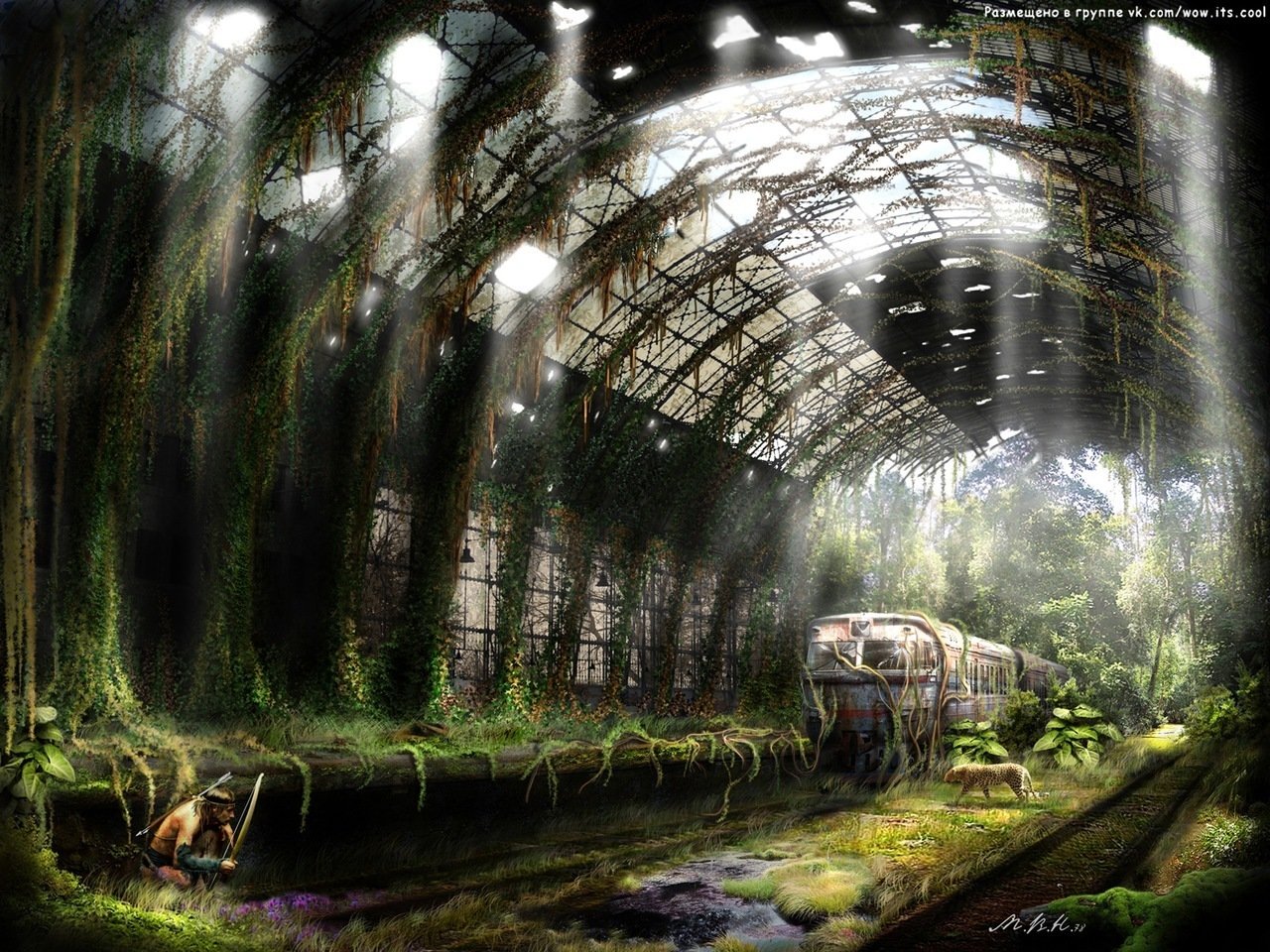
Dystopia = "bad place"
the opposite word is Eutopia = "good place"
The Word Utopia that is commonly used
means "non-existant place".

Thomas More wrote De optimo reipublicae statu deque nova insula Utopia in 1516
Environmental (CliFi)
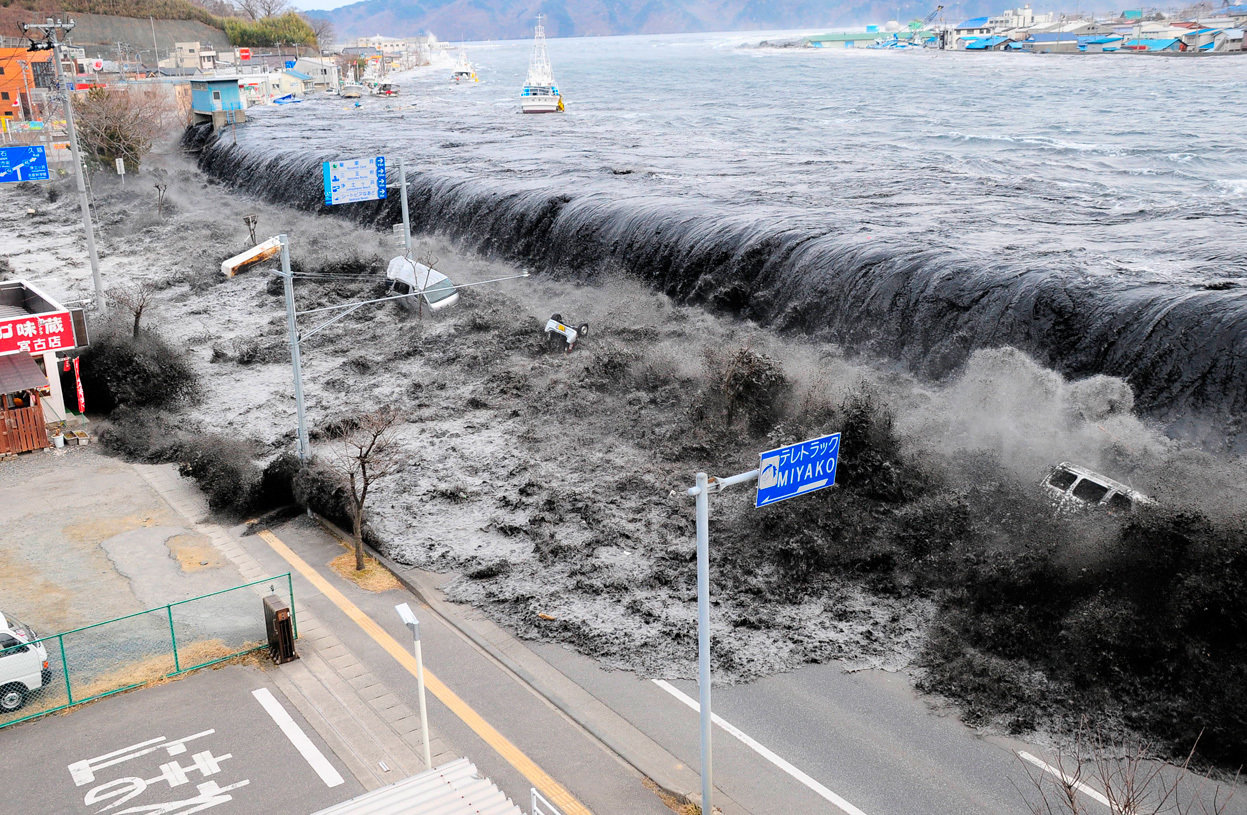
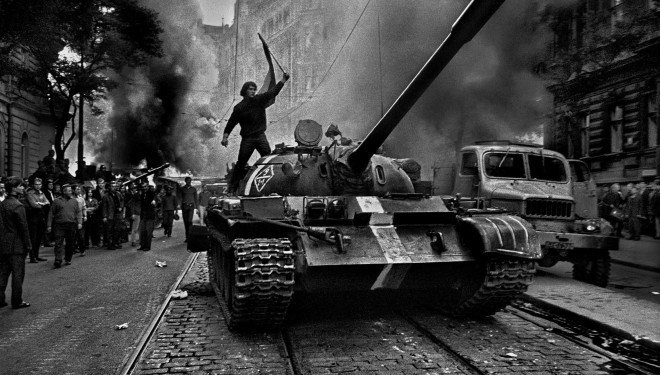
War, totalitarian regimes
"1984" by George Orwell
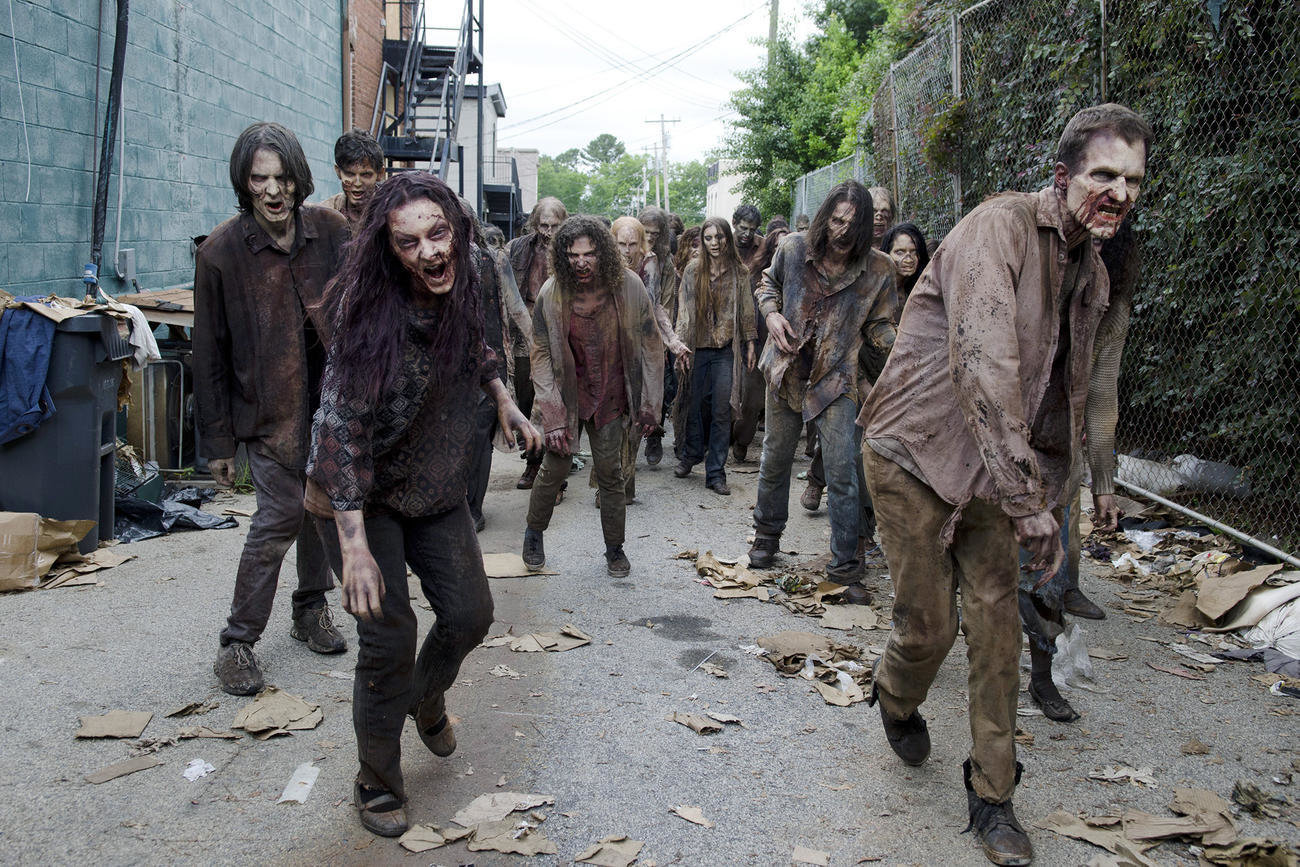
Contagion, Pandemics
The Walking dead by Robert Kirkman et al.
Feminism
The Handmaid's tale by Margaret Atwood
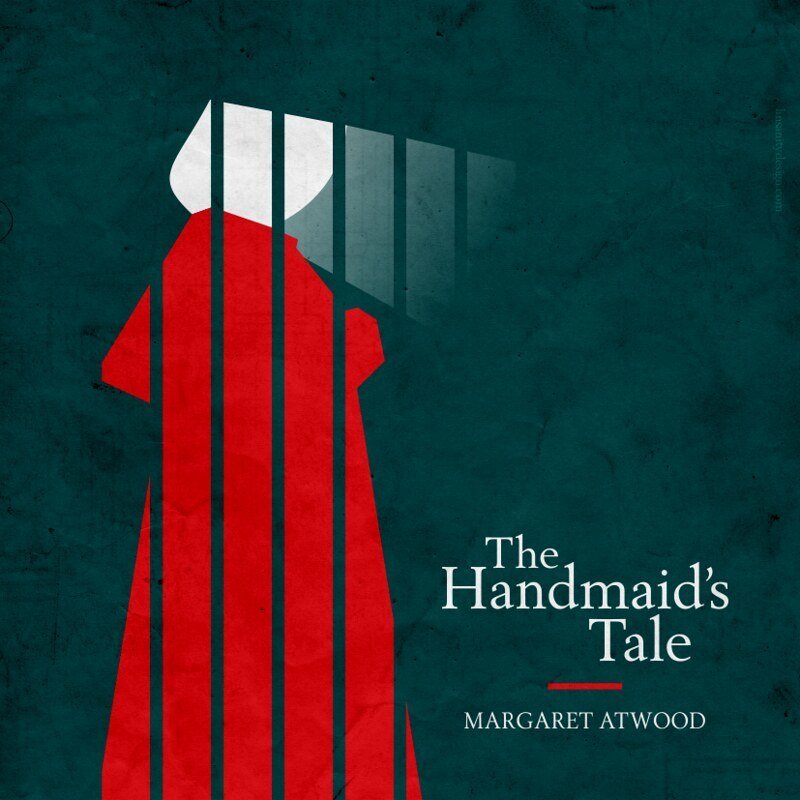
The protagonist
"The chosen one"
has abilities that sets him or her apart from others in society.
"The conflicted one"
is troubled by what they see or experience in their society.
"The catalyst"
Brings about change by challenging their situation and sometimes causing the downfall of their society.
Winston Smith

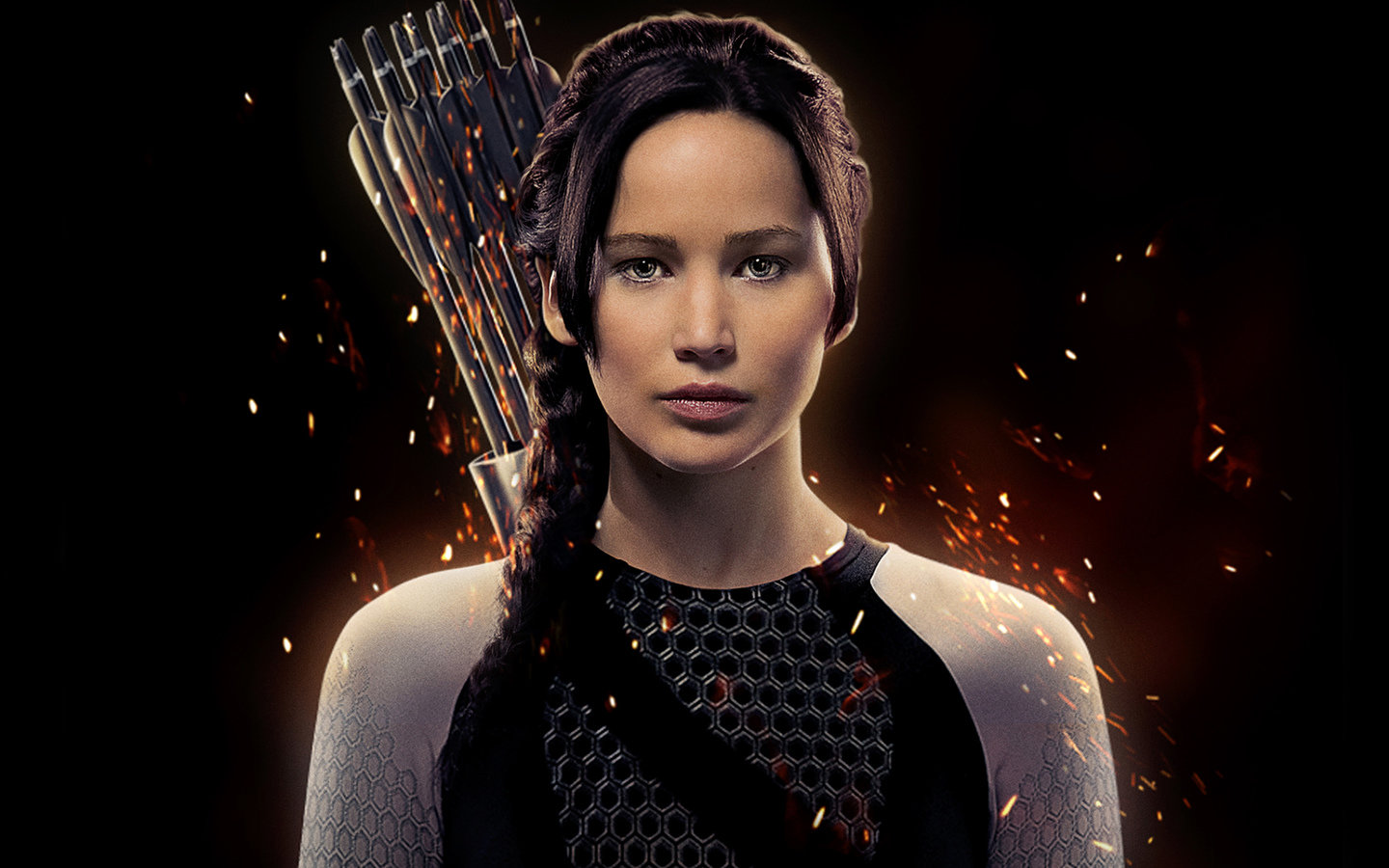
Katniss Everdeen

Neo
Wich of theese characters do you think is "the chosen one, "the conflicted one" and "the catalyst"?
The antagonist
Often the state is the antagonist
They often center around paranoia and control.
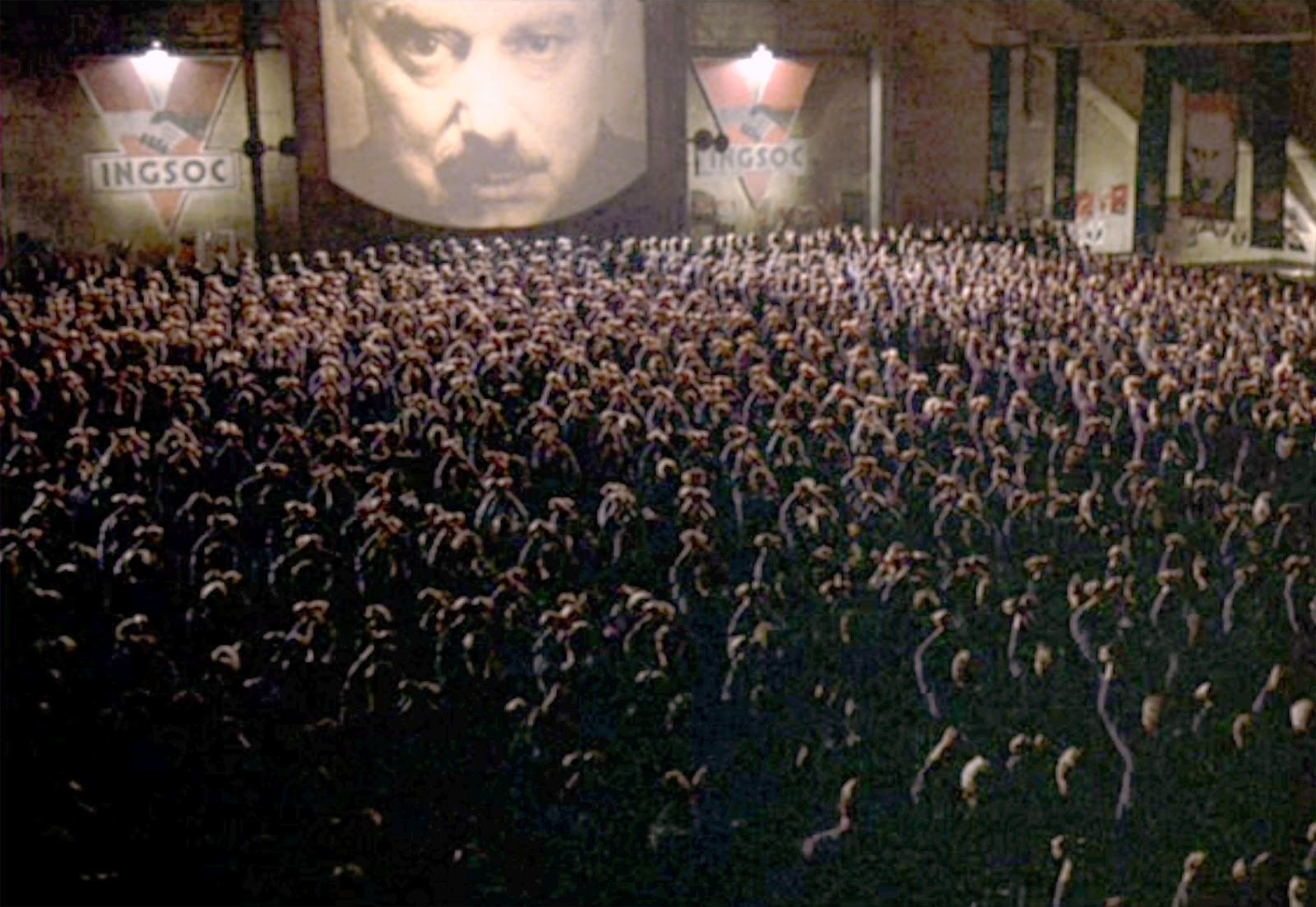
Two minute hate - 1984
The citizens get to vent their hatred and anguish toward Emmanuel Goldstein.
Public enemy number one.
Common dystopian themes
Control
Propaganda
Class
Technology
Drugs
Sexuality
Group - individual
Dehumanisation

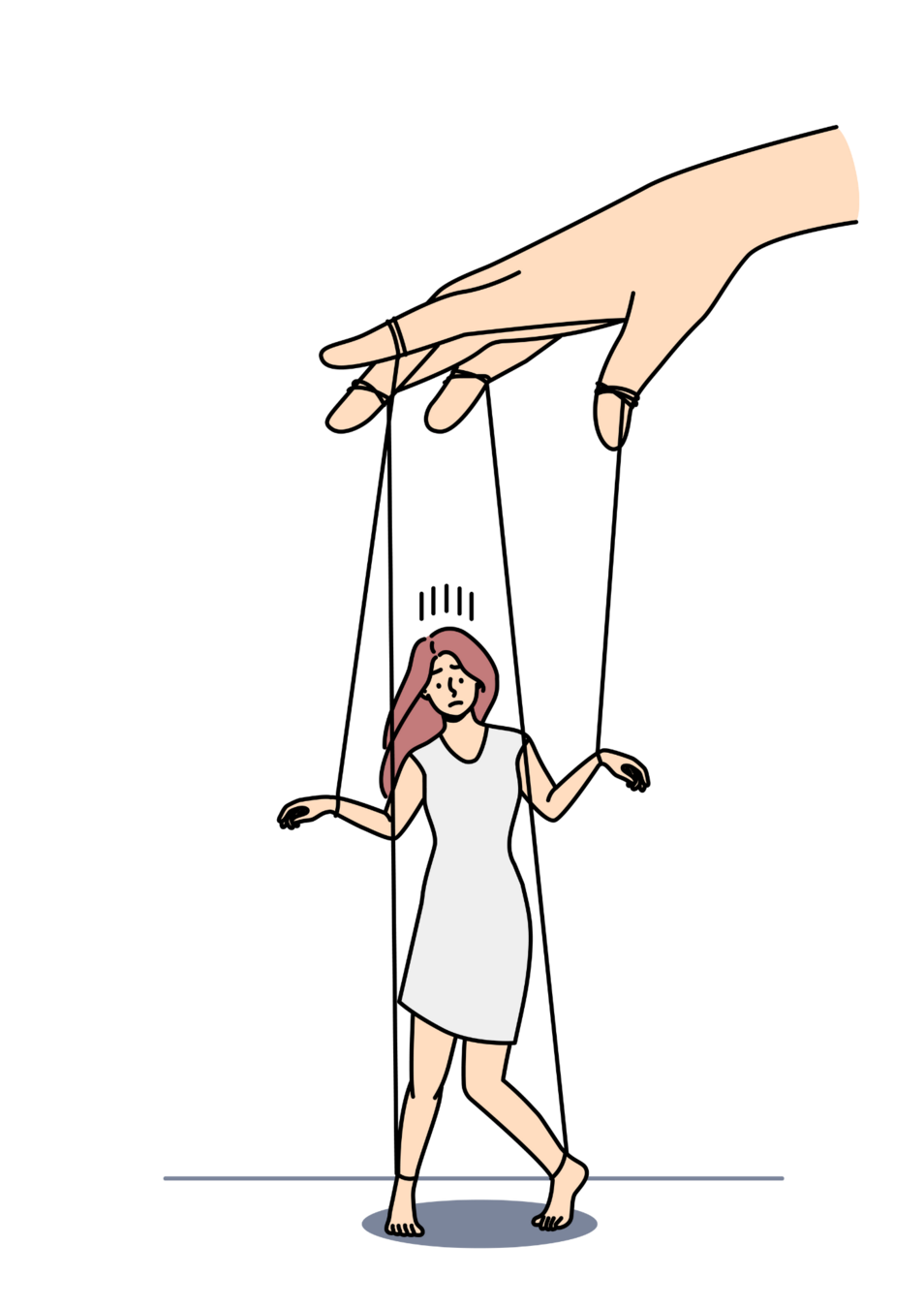
Dystopian literature is social criticism!
It is important that we understand that even though dystopian novels or stories take place in the future or even on different planets, the author's intent is to shine a light on what is happening in her or his own society.
Always consider what time and circumstance the author is writing about.
We
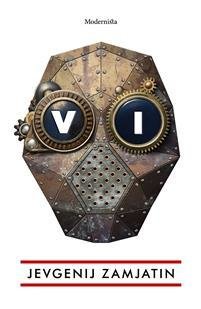
1924
The main character D-503, a spaceship engineer, is writing a journal while he is building the spaceship "Integral".
He lives in the One state, a city made of glass where people march like robots to their jobs. All wearing the same uniform
All people are given a number code instead of a name.
Jevgenij Zamjatin

1884 - 1937
The first world war
The Russian revolution
Industrialism
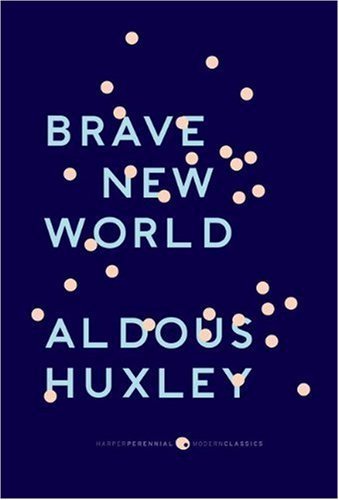
1932
The events of the story take place
600 years A.F (After Ford)
Society is industrialized
and the citizens live in a hierarchy.
Bernard Marx , an Alpha plus psychologist seems to be the only person not happy with life.
The citizen take Soma, a recreational drug and also engage in recreational sex.
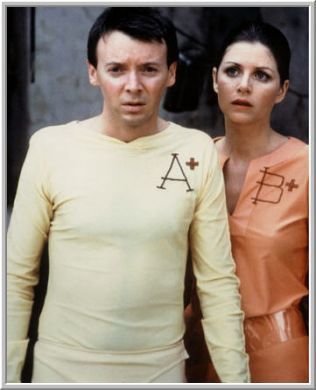
Aldous Huxley
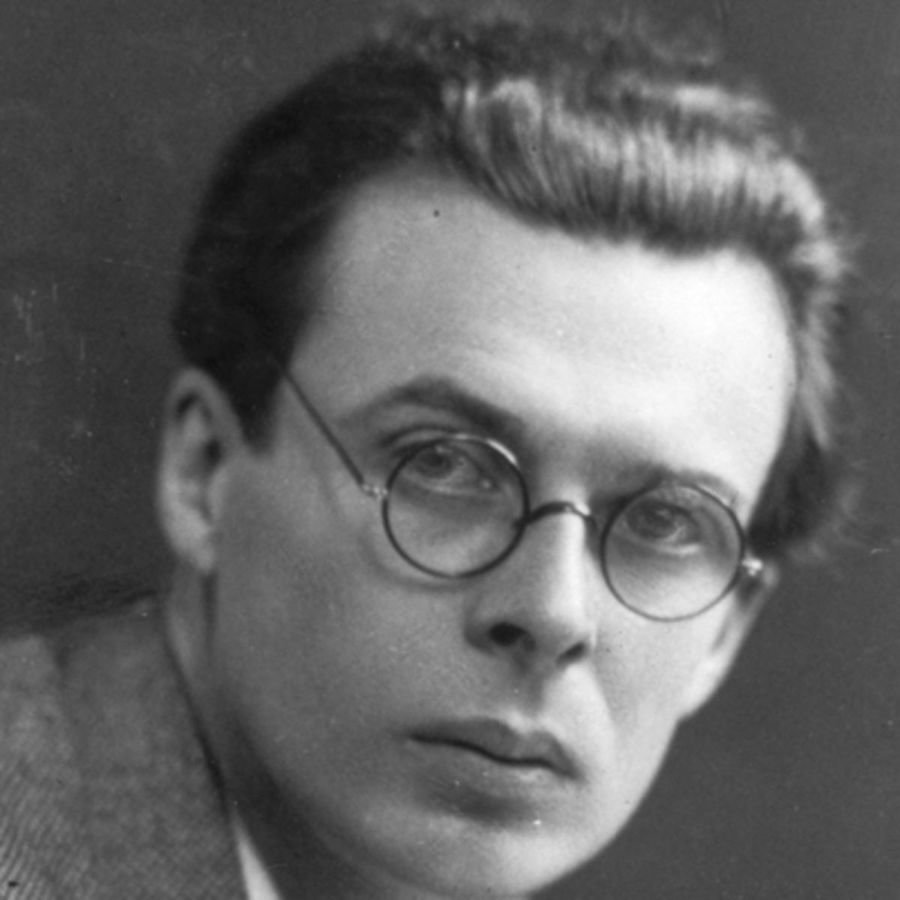
1894-1963
H.G Wells
Youth culture in the US
The first world war
Industrialism
Kallocain
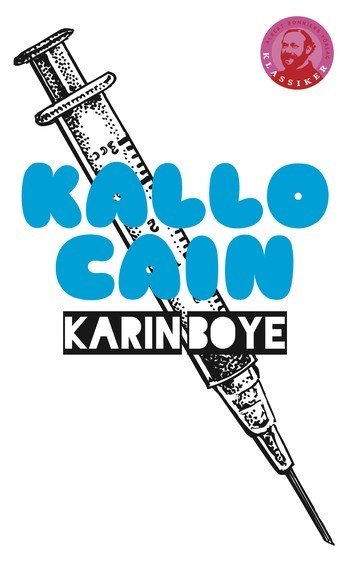
1940
The chemist Leo Kall has developed a truth serum.
In the totalitarian World-state
where he lives
everybody is controlled and surveilled.
The truth serum now robs people even of the privacy of their own minds.
Karin Boye
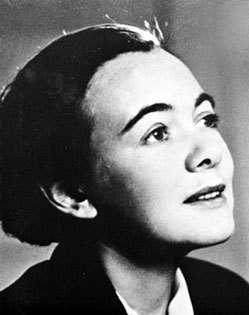
1900-1941
The period in between the world wars
She visited the
Soviet union
The rise of Nazism
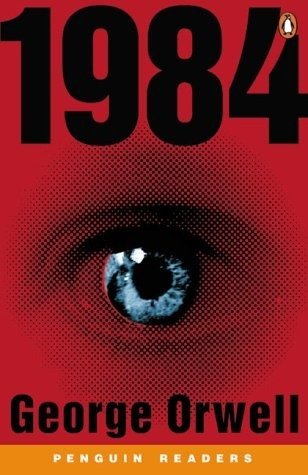
1984
1949
Winston Smith works for the party in Oceania.
His job is to erase the truth and to make sure it fits the current circumstances.
One day Winstons starts journaling.
Just to own a journal is punishable by death.
George Orwell
1903-1950

(Eric Blair)
The Second world war
Communism
We by Zamjatin
"Doublespeak"

Dystopian literature often contains new terminology for different things. They can tell us something about the society in this world.
"Doublespeak" in reality
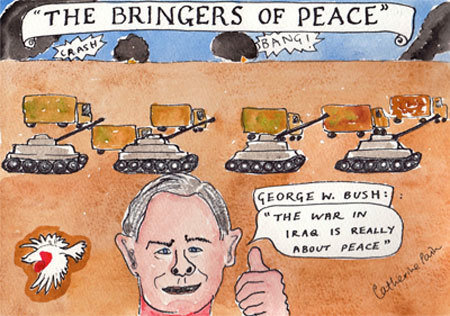
Friendly fire
Neutralized
"Peacekeeping duties"
-Putin
"Alternative facts"
- Kellyanne Conway (for Trump)
"Doublespeak" in the Walking dead
Walkers
Lurchers
Biters
Roamers
....
but never Zombies!
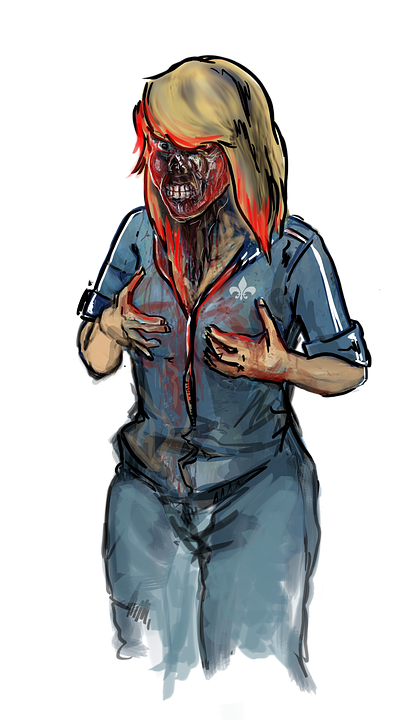
The setting
The story can take place in our own time, in the future or the past.
A common theme is that the story takes place "AFTER" something has happened.
Try to find this "AFTER" in your stories.
The story might contain very advanced technology or none at all.

Post-apocalyptic societies
The rise of the YA dystopian genre!




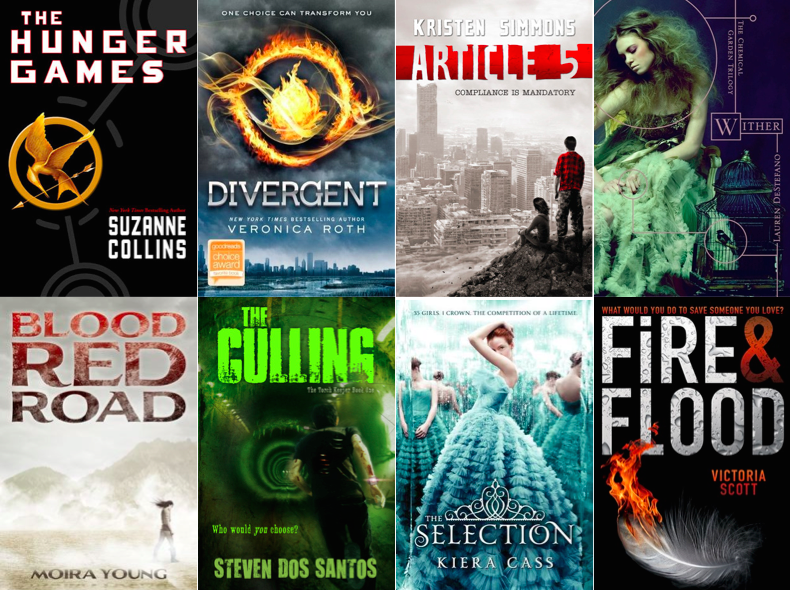
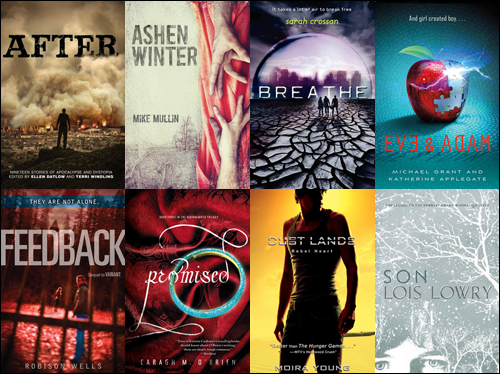











Why so many Young Adult dystopian themed stories, why now?
A new genre emerges
Climate-fiction
or Cli-fi
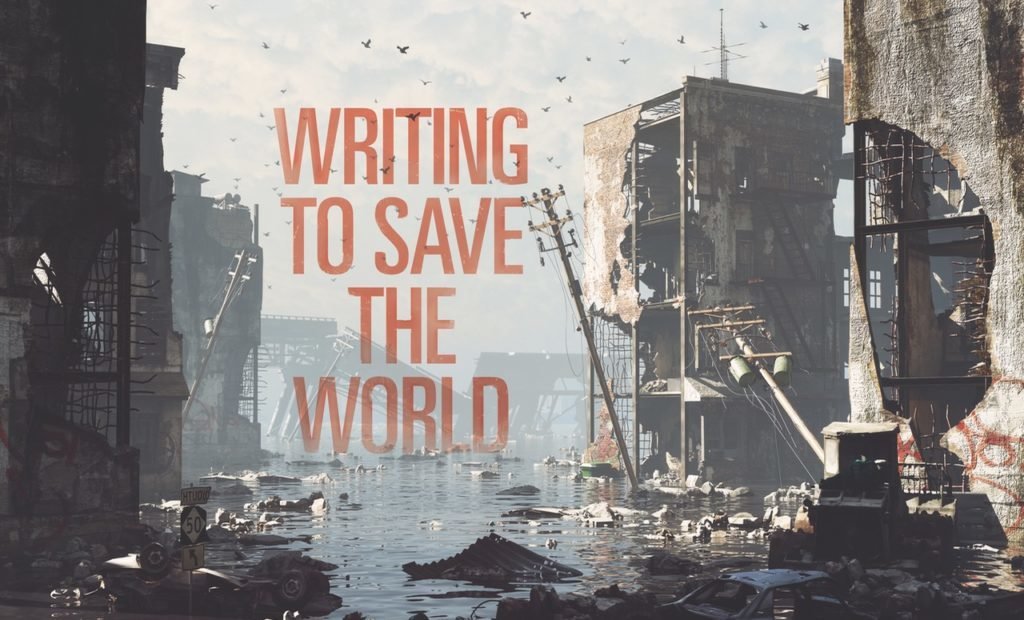
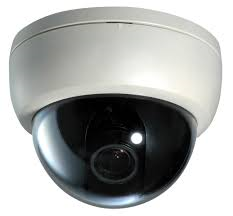


Control/surveillance
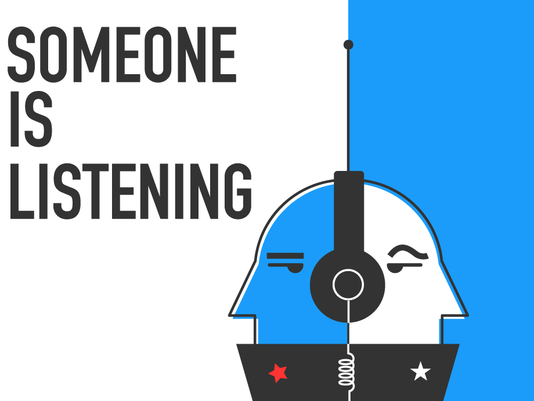






Class/war/conflict

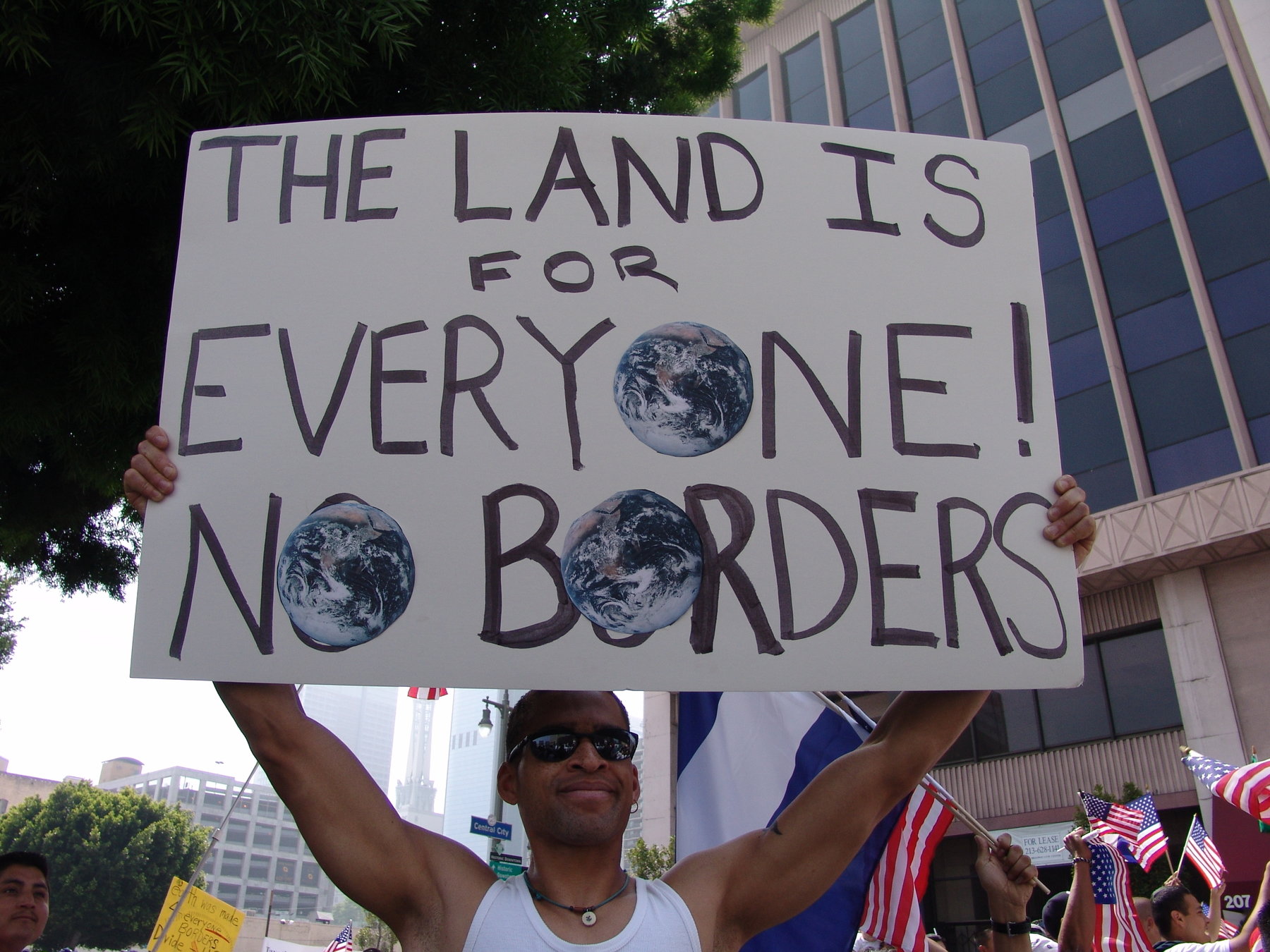






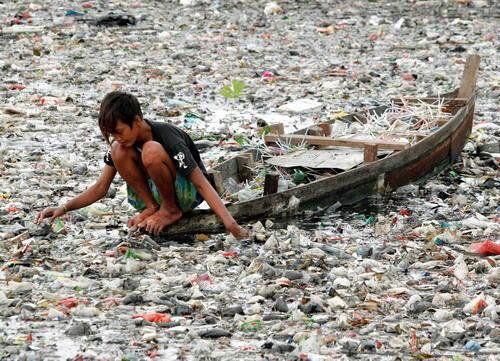
Pollution/Climate change




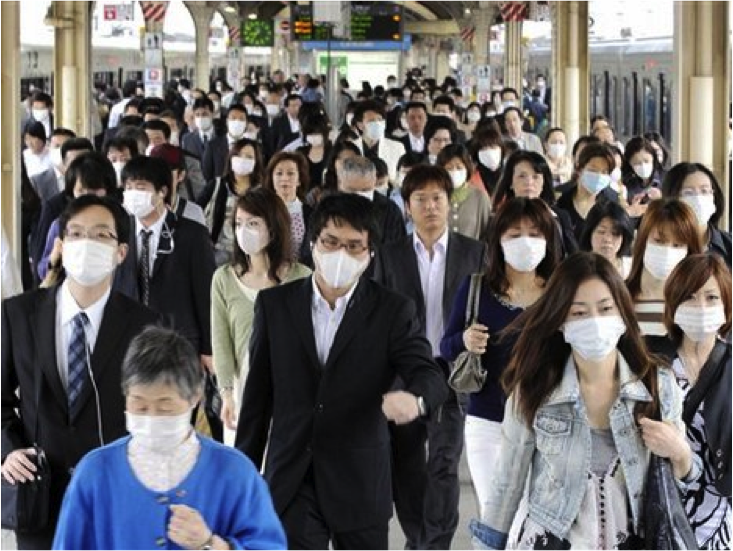
Threats of outbreaks/pandemics


Cataclysmic events
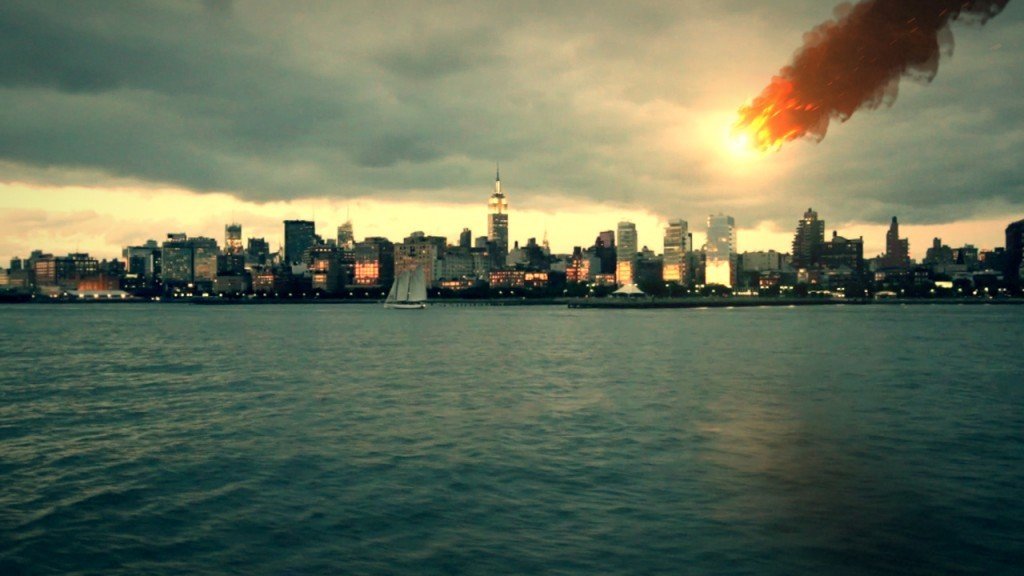



Let's take a look at how the Hunger Games triology reflects our modern world today.
Let's read the short story
Racing the Tide
by Craig DeLancey
together


Ray Bradbury 1920-2012
Was an American writer and screenplay writer with Swedish ancestry, his mother was a Swedish immigrant. Mostly known for his highly imaginative short stories and science fiction novels, he also wrote in other genres such as fantasy, horror and mystery fiction. His most famous work is the science fiction novel Fahrenheit 451.
He liked to read and write as a child and has said that Jules Verne and H.G. Wells inspired him to write science fiction. His writing style blend poetic language with nostalgia for childhood, social criticism and awareness of the hazards of runaway technology.



The Pedestrian
The Veldt
Kurt Vonnegut 1922-2007
Was an American writer, most famous for his darkly satirical, bestselling Science Fiction novel Slaughterhouse-five. He grew up in Indianapolis, and even though he described himself as a pacifist, he enlisted in the US. Army in 1943 and was sent to Europe to fight in WWII. He was caught by the Germans and sent to Dresden as a POW but survived the bombing of the city in 1945. After returning to America he married his high school sweetheart and got a job at an electrical factory. His writing was inspired both by his experiences in the war as well as being a factory worker and his writing style is marked by a dark humor that highlight the horrors and ironies of 20th-century civilization.


Harrison Bergeron